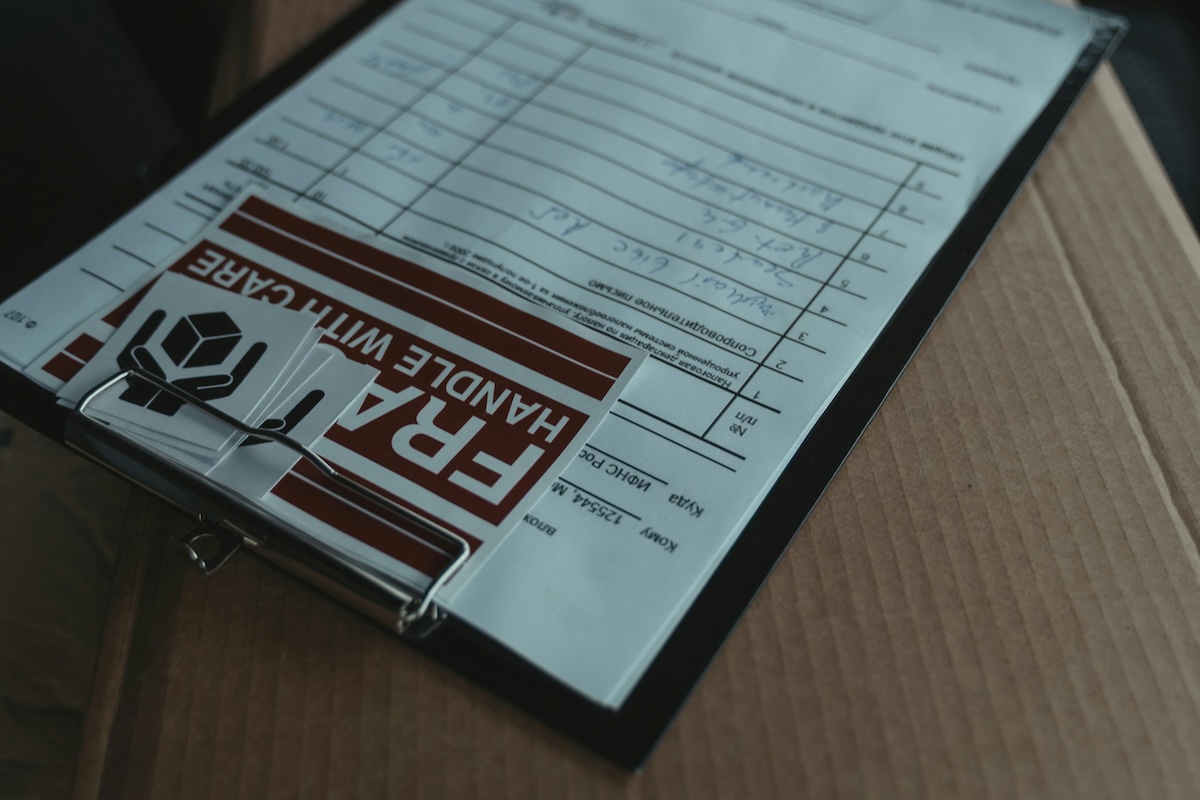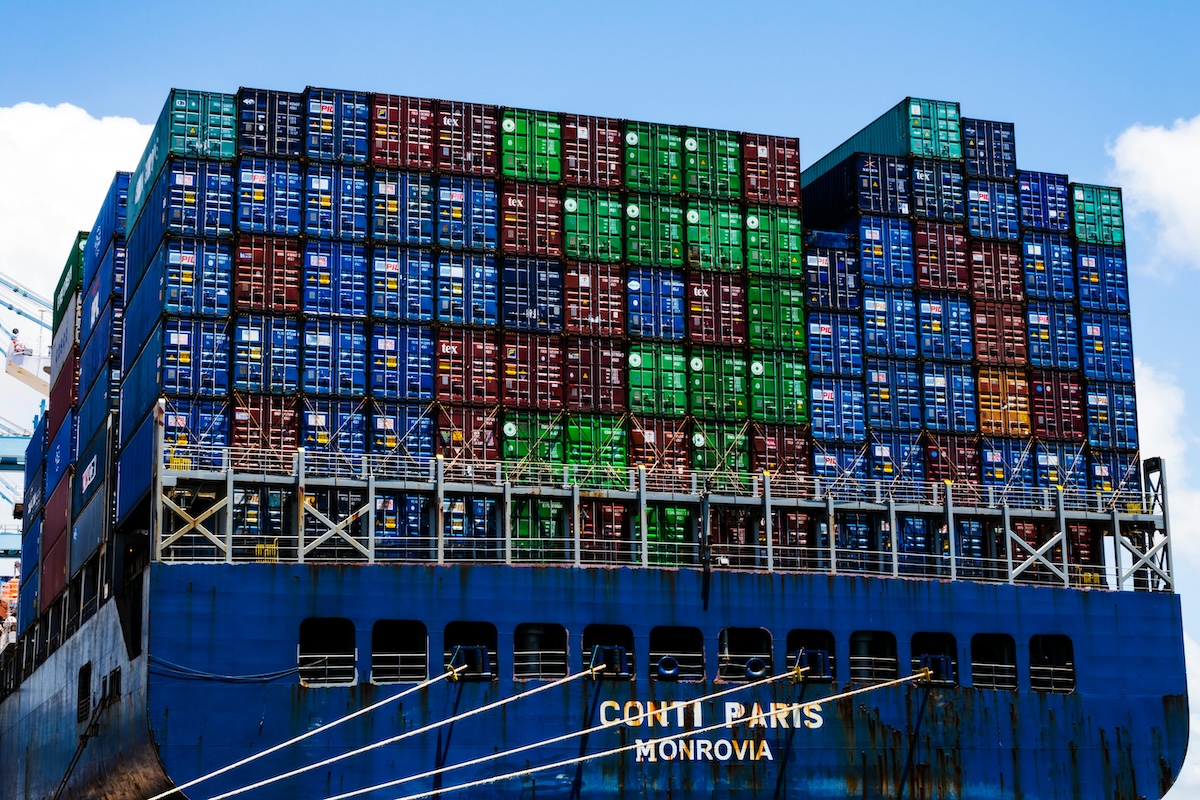Why Bonded Warehouses Are a Game-Changer for Global Trade

Article Summary
A bonded warehouse is a customs-approved facility where imported goods can be stored, handled, or lightly processed without immediately paying import duties or taxes. Duties are only due when goods enter the domestic market, or may be avoided entirely if goods are re-exported.
They allow businesses to defer duty payments, freeing up capital and reducing upfront costs. This provides more financial flexibility for other operations.
They offer greater flexibility by allowing inventory to be stored until market demand is right, released gradually, or moved quickly to respond to seasonal or market shifts.
Yes. Goods stored in a bonded warehouse can be re-exported to other countries without paying domestic duties, making it ideal for businesses distributing to multiple international markets.
Many provide value-added services such as repackaging, labeling, quality checks, inspections, and light assembly, allowing products to be adapted for specific markets closer to the point of sale.
They enable smarter, more resilient supply chains by combining cost savings, compliance assurance, and operational flexibility, giving companies a competitive edge in international markets.
If your business is importing or exporting goods, you’ve probably run into challenges like high customs duties, complicated regulations, and unpredictable market demand. One solution many global companies rely on is the bonded warehouse. These facilities give importers and exporters the flexibility to store goods duty-free until they’re needed, improving both cash flow and supply chain efficiency.
Here’s what you need to know about how bonded warehouses work—and why they matter for your business.
What Is a Bonded Warehouse?
A bonded warehouse is a secure facility approved by customs authorities where imported goods can be stored, handled, or lightly processed without immediately paying import duties or taxes. The “bond” refers to a financial guarantee ensuring customs will still get paid if goods enter the domestic market.
In other words: businesses can delay paying duties until they’re ready to release or sell the goods—or avoid paying altogether if the goods are re-exported.
5 Key Benefits of Bonded Warehouses
1. Deferred Duty Payments
- No need to pay import duties right away.
- Duties are only charged when goods enter the domestic market.
- If goods are re-exported, no duties may be due at all.
This frees up valuable capital and reduces upfront costs.
2. Greater Supply Chain Flexibility
- Store goods until the market demand is right.
- Release inventory gradually instead of all at once.
- Respond quickly to seasonal demand or shifting trade conditions.
This flexibility makes bonded warehouses especially valuable for industries like electronics, pharmaceuticals, and luxury goods.

3. Re-Export Made Easy
- Import goods into a bonded warehouse, then ship them to another country without paying domestic duties.
- Ideal for businesses using one hub for multiple international markets.
This reduces unnecessary expenses and simplifies global distribution.
4. High Security and Compliance
- Bonded warehouses are tightly regulated by customs.
- Strong security measures protect goods against theft or tampering.
- Accurate customs documentation reduces risks of fines or delays.
It’s a safe, compliant solution for valuable or sensitive goods.
5. Value-Added Services
Many bonded warehouses offer more than storage, including:
- Repackaging or labeling for specific markets
- Quality checks and inspections
- Light assembly or product customization
These services allow businesses to adapt products closer to the point of sale while saving time and transportation costs.
Why It Matters
Bonded warehouses aren’t just about cutting costs—they’re about creating smarter, more resilient supply chains. By combining deferred payments, secure storage, and global flexibility, they provide businesses with a competitive edge in fast-changing international markets.
Conclusion
For companies navigating the complexities of international trade, bonded warehouses are a powerful tool. They offer cost savings, compliance assurance, and the flexibility to move goods across borders with confidence. Whether you’re storing high-value electronics, pharmaceuticals, or automotive parts, a bonded warehouse can help your business stay agile, efficient, and competitive in today’s global economy.
Key Points
What is a bonded warehouse, and how does it work?
- Definition: A bonded warehouse is a secure, customs-authorized facility where imported goods can be stored without immediate payment of duties or taxes.
- How It Works:
- Goods are stored under customs supervision until they are released for domestic use or re-exported.
- Duties are deferred until the goods leave the warehouse for local consumption.
- If goods are re-exported, no duties are charged, offering significant cost savings.
- Purpose: Bonded warehouses provide businesses with financial flexibility, secure storage, and compliance with customs regulations.
What are the key benefits of using bonded warehouses for businesses?
- Duty Deferment: Businesses can delay paying import duties until goods are sold or released, improving cash flow.
- Supply Chain Flexibility: Goods can be stored for up to five years, allowing businesses to manage seasonal demand or fluctuating market conditions.
- Cost Savings: Avoid upfront duty payments and reduce storage costs by consolidating shipments.
- Value-Added Services: Many bonded warehouses offer repackaging, labeling, quality checks, and light assembly, enabling businesses to adapt products closer to the point of sale.
- Enhanced Security: Bonded warehouses are tightly regulated and equipped with advanced security measures to protect goods from theft or damage.
How do bonded warehouses improve supply chain efficiency?
- Streamlined Customs Processes: Bonded warehouses simplify customs clearance by consolidating documentation and inspections.
- Proximity to Markets: Many bonded warehouses are strategically located near ports or transportation hubs, reducing shipping times and costs.
- Inventory Management: Businesses can store goods long-term, release inventory gradually, and respond quickly to market demand.
- Reduced Risk: By deferring duties and taxes, businesses can mitigate financial risks associated with fluctuating tariffs or market conditions.
What types of goods can be stored in bonded warehouses?
- Wide Range of Products:
- Raw Materials: Chemicals, textiles, and metals used in manufacturing.
- Finished Goods: Electronics, clothing, and luxury items.
- Perishable Goods: Food and beverages requiring temperature-controlled storage.
- High-Value Items: Artwork, jewelry, and other sensitive goods.
- Hazardous Materials: Flammable liquids and chemicals stored under strict regulations.
- Specialized Storage: Bonded warehouses often provide tailored facilities, such as deep freeze systems, bulk storage, or temperature-controlled environments.
How do bonded warehouses support global trade and market expansion?
- Facilitating Trade: By deferring duties and taxes, bonded warehouses reduce the financial burden of importing goods, encouraging businesses to engage in international trade.
- Market Reach: Businesses can store goods closer to international customers, reducing shipping costs and delivery times.
- Risk Mitigation: Bonded warehouses allow businesses to hold goods during periods of high tariffs or political instability, waiting for more favorable conditions.
- Compliance Assurance: Goods stored in bonded warehouses are under customs supervision, ensuring adherence to trade regulations and avoiding penalties.
How can businesses maximize the benefits of bonded warehouses?
- Strategic Location: Choose bonded warehouses near key ports or target markets to minimize transportation costs and delivery times.
- Leverage Value-Added Services: Utilize services like repackaging, labeling, and quality checks to adapt products for specific markets.
- Invest in Technology: Use inventory management tools to track goods in real-time and optimize supply chain operations.
- Plan for Seasonal Demand: Store goods long-term to prepare for peak seasons or fluctuating market demand.
- Partner with Experts: Work with bonded warehouse providers that offer compliance support and tailored logistics solutions to streamline operations.










